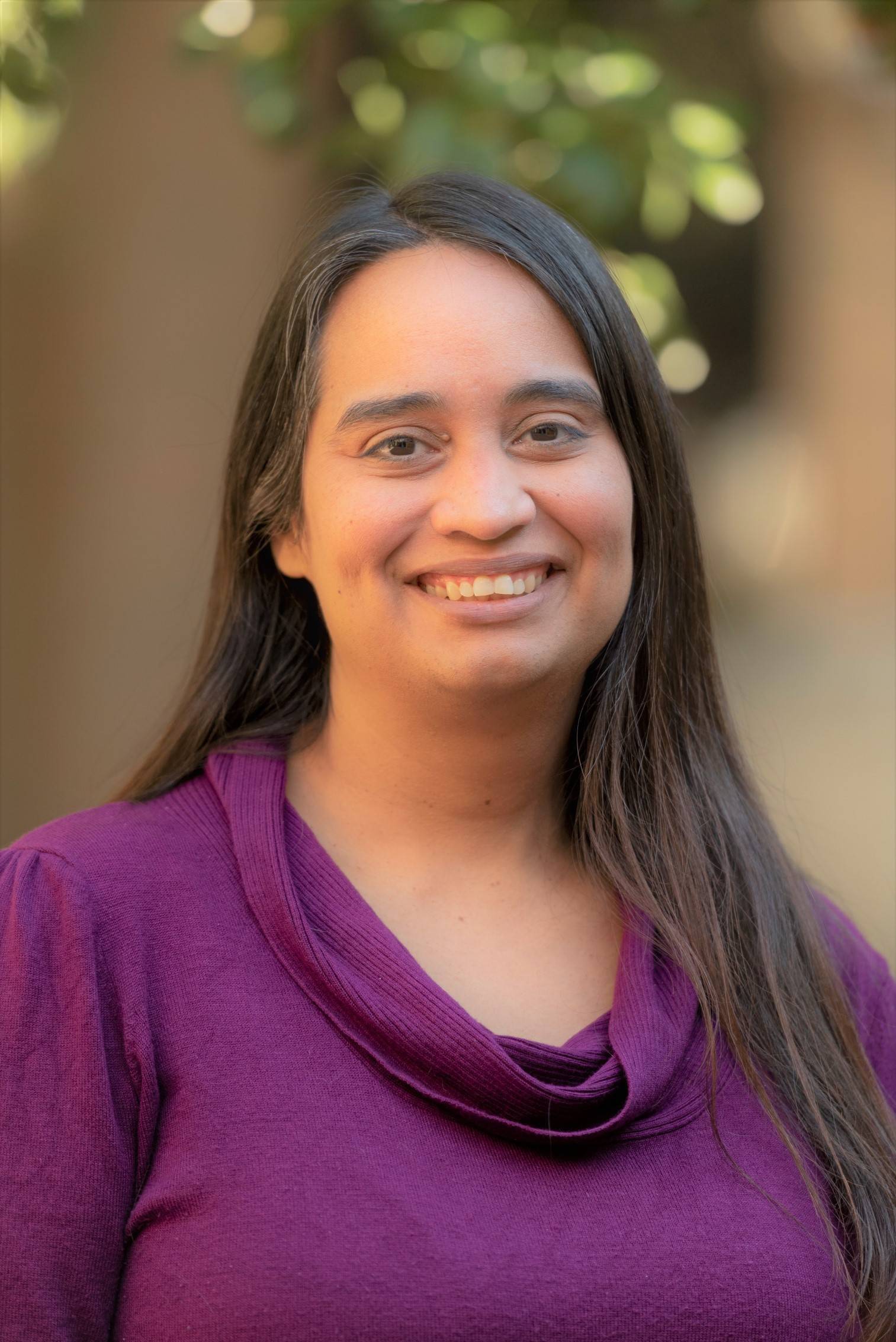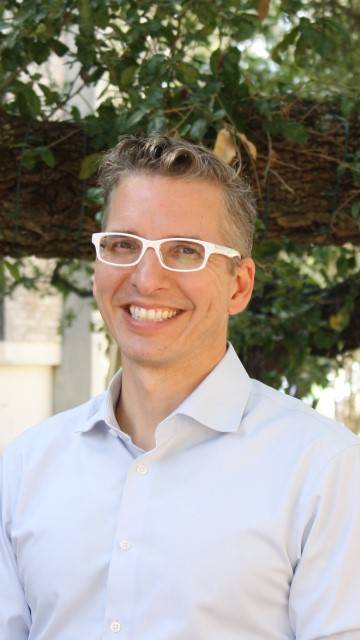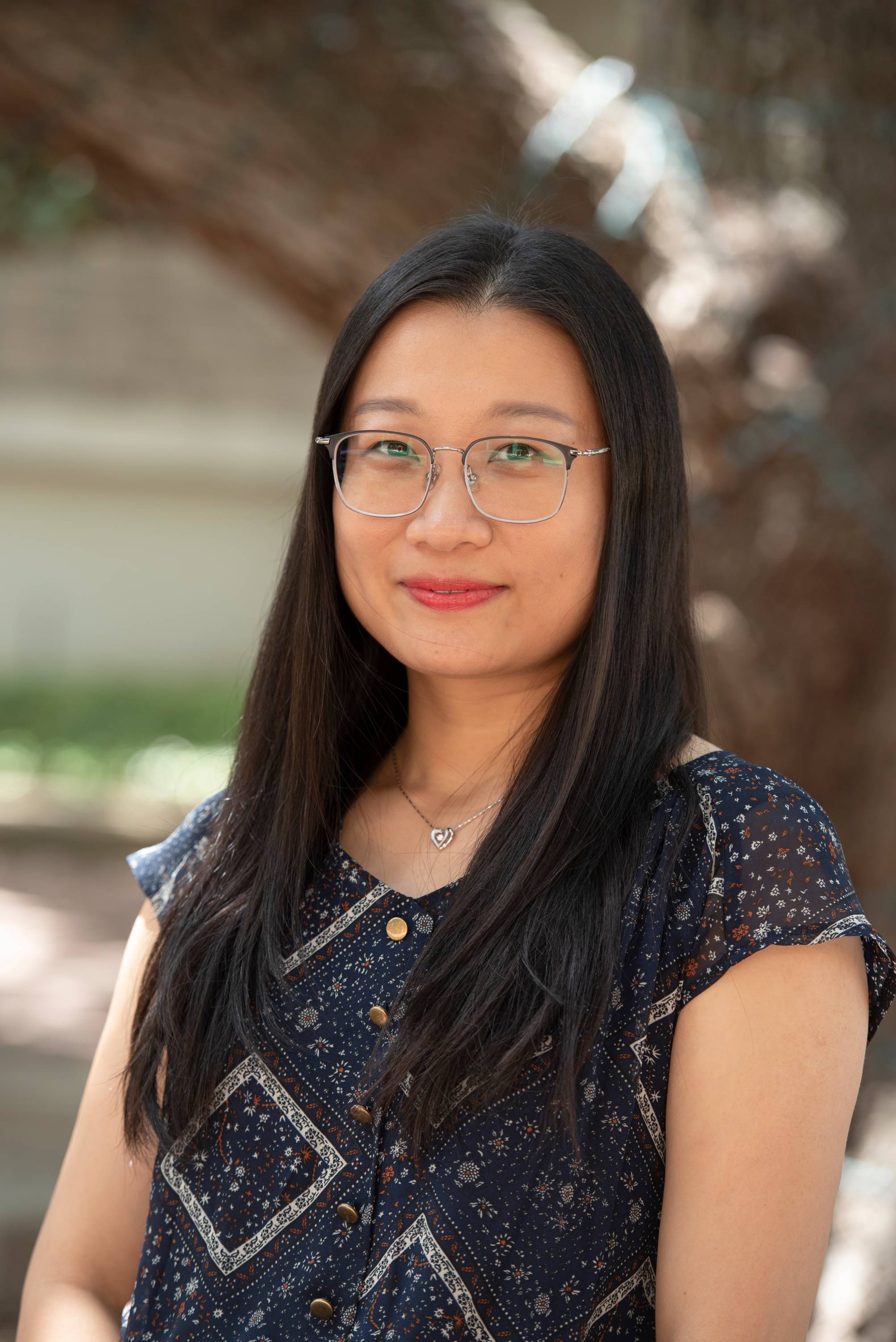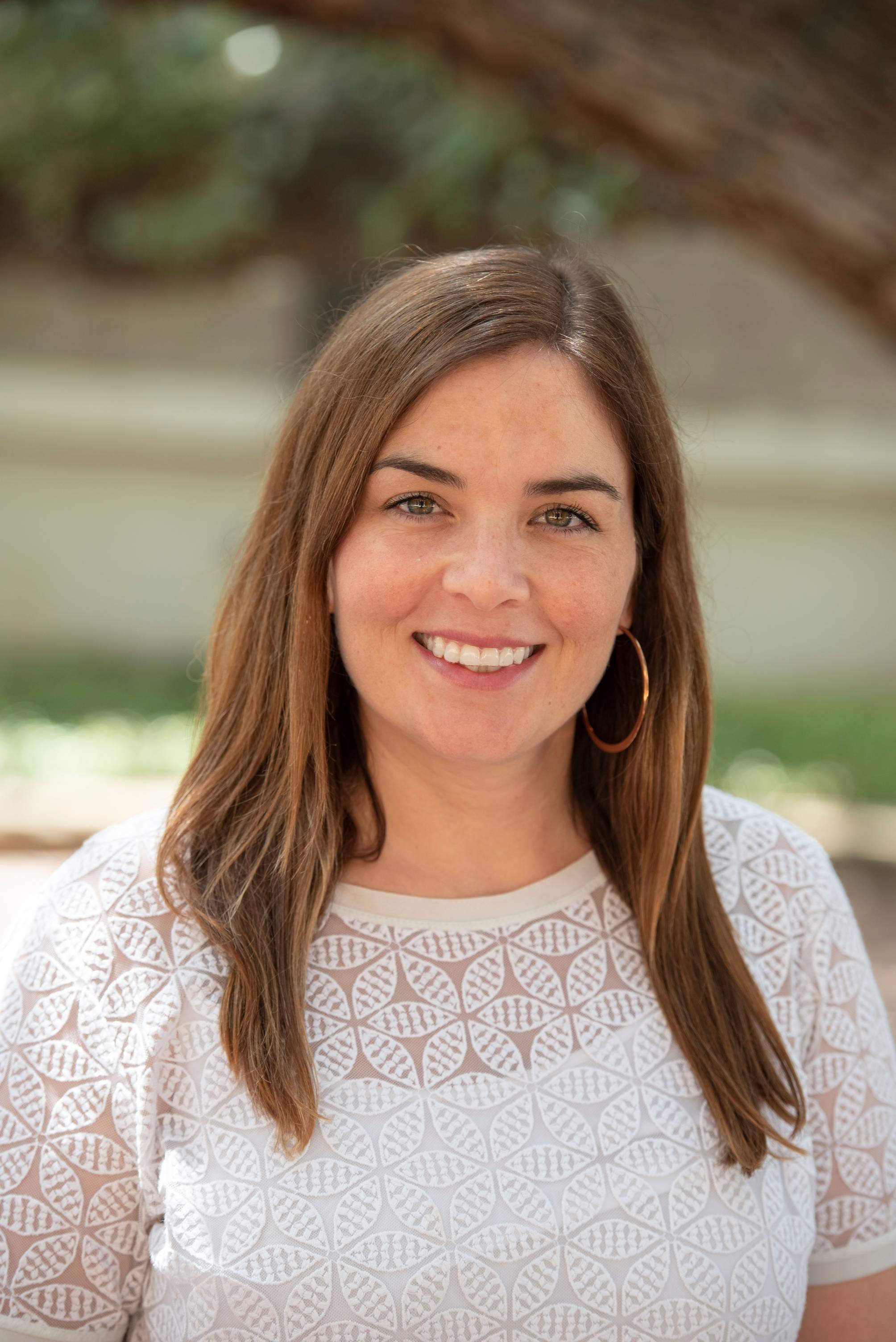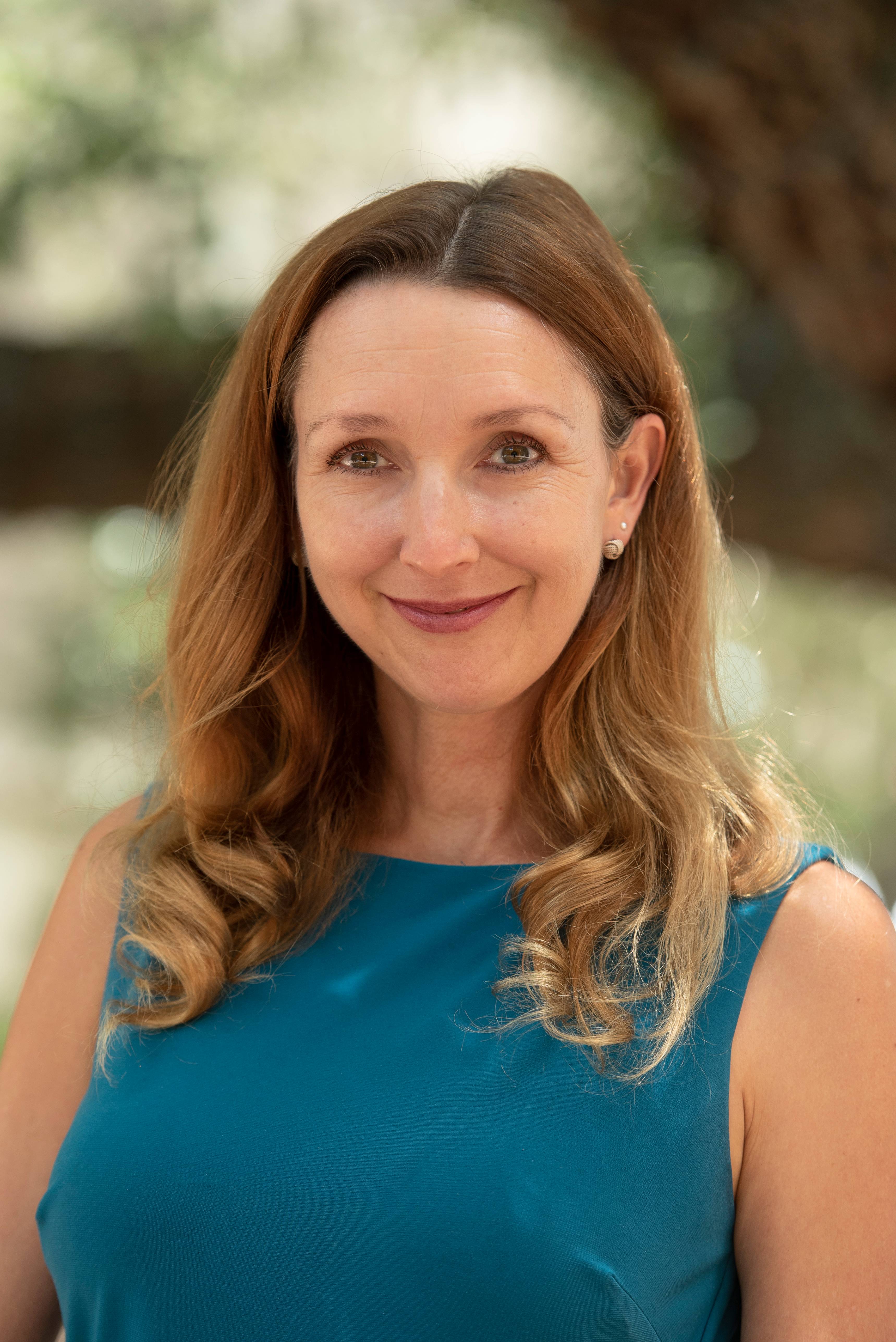Undergraduate students majoring in Human Development & Family Sciences or related fields (e.g., psychology, education, sociology) who can travel to Texas State University campus every Friday throughout the academic year. Preference will be given to HDFS majors, those who represent groups that tend to be underrepresented in social sciences and have an overall GPA of 3.0 or above. Participants must be U.S. citizens, U.S. nationals, or permanent residents of the United States
NSF REU Site: Opportunities for Undergraduate Research in Human Development & Family Sciences (OUR HDFS) Fellowship Program
This REU Site is supported by the National Science Foundation (NSF) grant NSF SMA-2348695.
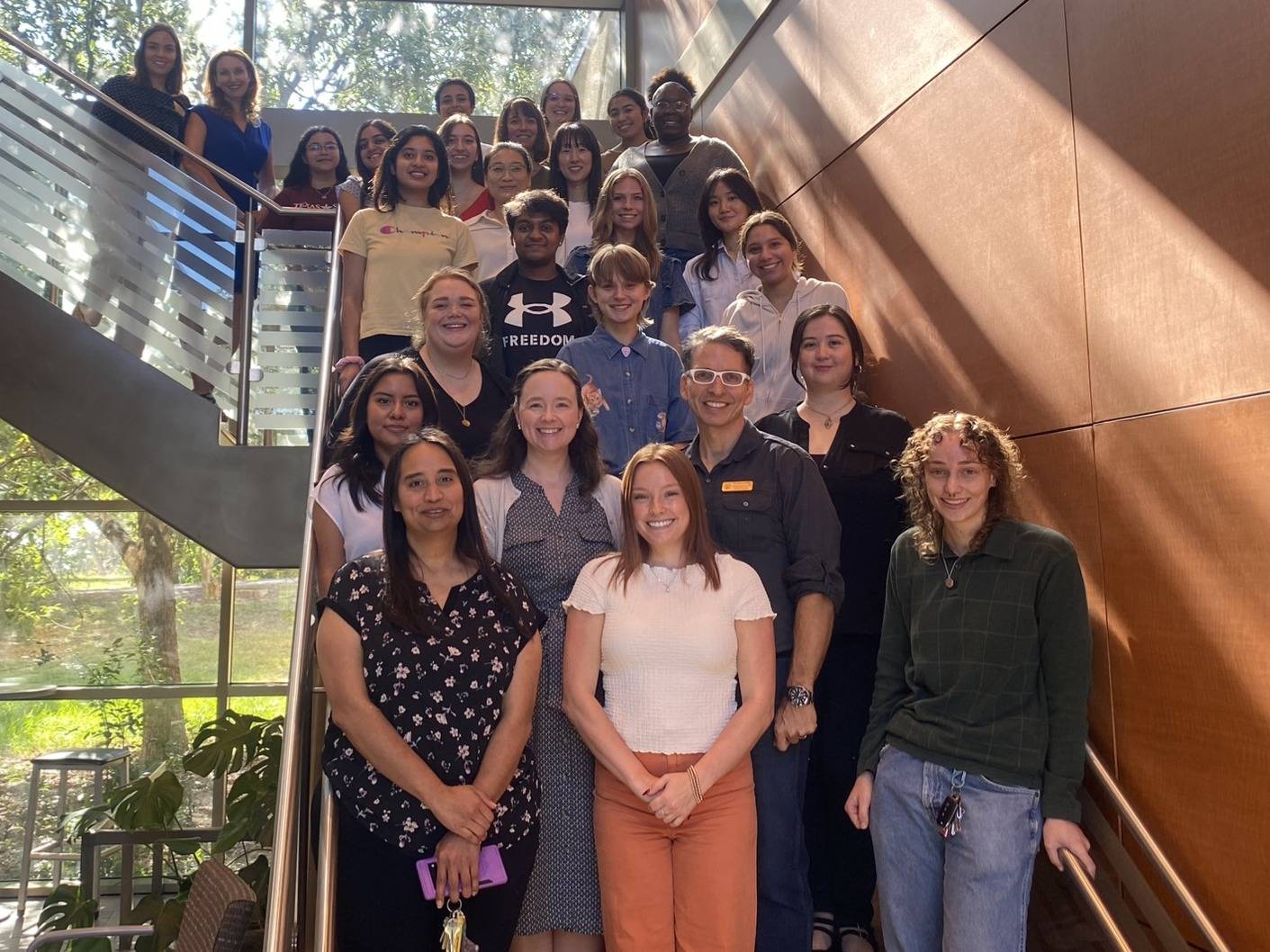
Fellow Highlight
October 1, 2025 - May 15, 2026
Stipend: $5,625 plus travel expenses and meals
Application portal for 2025-2026 is now open
OUR HDFS Fellowship program is to identify and host talented undergraduate students interested in Human Development and Family Sciences from STEM-limited institutions in Central Texas and provide you with support, guidance, and financial resources necessary for engaging in research and learning about graduate school. We will recruit and mentor 12 undergraduate students per academic year for a total of three years to participate in the program for 25 weeks total.
Financial Support
The program will provide travel reimbursement, parking, meals, and a stipend for all students ($5,625 in total to be paid on a biweekly basis at the rate of $225/week).
Fellowship Requirements
Fellows must make a two-semester (300 hour) commitment to the fellowship (10 weeks in fall and 15 weeks in spring). To maintain good standing status,
- fellows will commute to TXST on Fridays throughout the program
- fellows must attend weekly lab meetings
- fellows must attend monthly mentorship meetings
- fellows must attend six required workshops and two social events
Knowledge and Skills to Gain
- Fellows will be paired with a research faculty mentor and graduate student mentor who will facilitate their engagement in rich research experiences.
- Fellows will gain first-hand experience conducting research.
- Fellows will work closely with other undergraduate and graduate students, have opportunities to discuss research with peers, and observe graduate student life.
- Fellows will receive mentorship around careers in HDFS and graduate school
- Social events will focus on connecting fellows and celebrating their accomplishments.
-
Application Requirements
- Demographic information.
- Brief personal statement (300-500 words) that discusses (a) what you hope to gain from this fellowship, (b) your graduate school and career goals, and (c) how your personal, educational, and/or professional experiences make you particularly well suited for this fellowship program.
- Unofficial or official transcripts.
Timeline
- Applications due August 31st
- Face-to-face or Zoom interviews will occur between September 1st and 15th
- Notification by Monday, September 30th
Faculty Mentors/Labs
Dr. Edna C. Alfaro
Dr. Alfaro utilizes the ecological and academic resilience frameworks to better understand the processes by which environmental, cultural, and familial factors interact with one another and impact high school and college students. This year, Dr. Alfaro’s lab students will assist with research related to relationships with parents, siblings, romantic partners, and friends, and college students’ academic and mental health outcomes.
Dr. Eunjin Seo
Student Engagement and Opportunity (SEO) Lab
Dr. Seo's research lab explores the fascinating world of adolescents and emerging adults, focusing on how their experiences at school unfold. We delve into how young people interact with their peers, teachers, and parents, and how these interactions influence their emotional well-being, academic success, and overall development. Our research covers a range of intriguing topics, including academic motivation (e.g., what drives students to succeed academically?), growth mindset (e.g., how do students' beliefs about their abilities impact their motivation and achievement?), peer power (e.g., how do friendships and peer relationships impact academic and social development?), and well-being (e.g., what factors contribute to students' emotional and mental health?).
Dr. Andrew Behnke
The Dating and Couple Relationships Lab
Dr. Behnke’s research focuses on programs to best support immigrant youth and families to thrive in the US. Dr. Behnke would like to involve students in the evaluation of the Juntos Program. Students will work with Dr. Behnke to collect data, clean and analyze data, and write up their findings. Additionally, students will have the opportunity to work on other new research and grant writing projects to answer community problems through the Community Learning for Data-Driven Discovery project and The Data Science for the Public Good initiative.
Dr. Yishan Shen
Adolescent Research on Context (ARC) Lab
Dr. Shen’s research interests center on understanding how various contexts, such as parent-child relationships and cultural backgrounds, impact racial/ethnic minority and immigrant adolescents’ psychological, behavioral, and academic well-being. This year, Dr. Shen’s lab will conduct a research study to investigate how adolescents develop beliefs about race and social status, as well as how these beliefs relate to adolescents' depressive symptoms, risky behaviors, substance use, and academic performance. Students can also explore secondary data on Korean ethnic minority adolescents' family processes and on Hispanic/Latine adolescents' academic beliefs.
Dr. Priscilla Goble
Child-Adult Relationships across Environments (CARE) Lab
Dr. Goble’s research and teaching focuses on child-adult relationships and how these influence children’s development and well-being. Dr. Goble’s work has primarily focused on early educational environments to promote positive development for diverse children. This year, Dr. Goble’s lab students will be assisting in the development of a new project focused on child-adult relationships and well-being within a hospital setting.
Dr. Amy A. Weimer
Research in Social Cognitive Development
Dr. Weimer specializes in investigating social, family, and cultural factors that affect and promote the socioemotional, cognitive, and academic development of diverse learners (e.g., bilingual, underrepresented populations). She especially enjoys facilitating students’ development of research ideas to explore how children come to understand the mental world—the inner world inhabited by emotions, thoughts, perceptions, intentions, and other mental states. This year, Dr. Weimer’s lab students will assist projects that seek to uncover new knowledge about how sociocultural and family factors relate to social, cognitive, academic and/or mental health outcomes.
